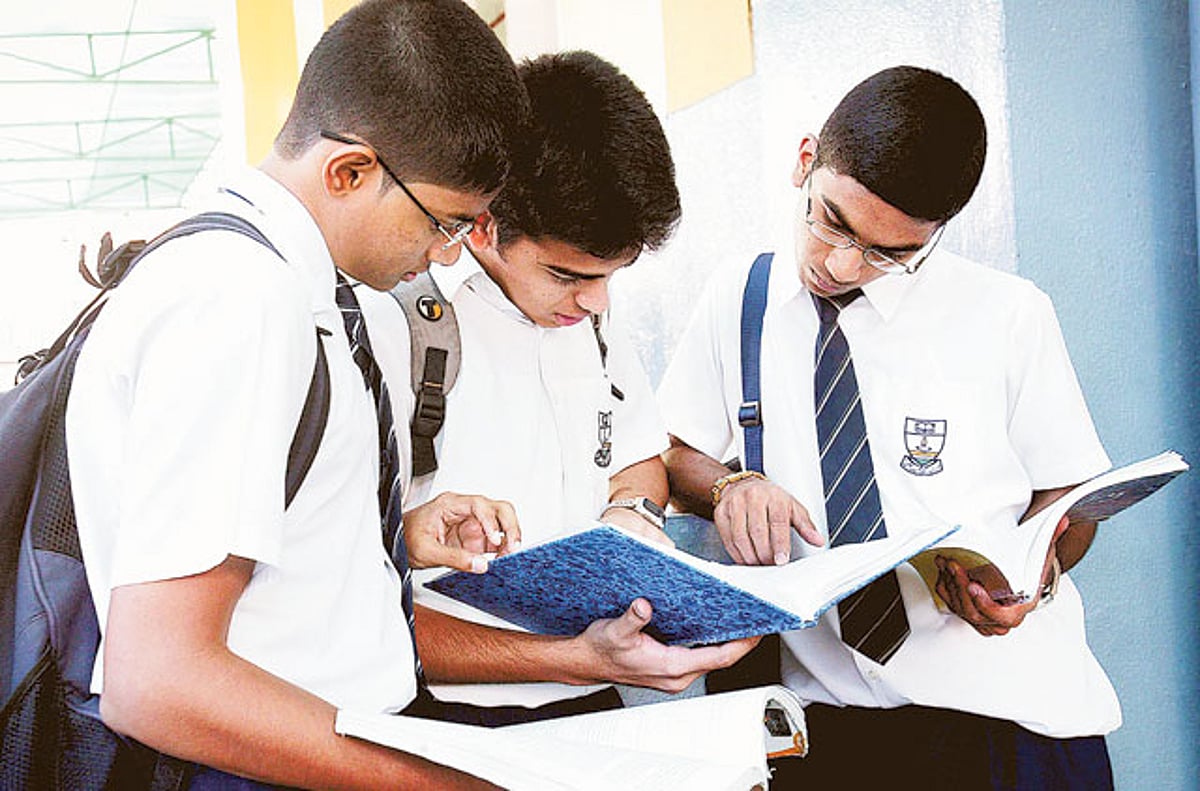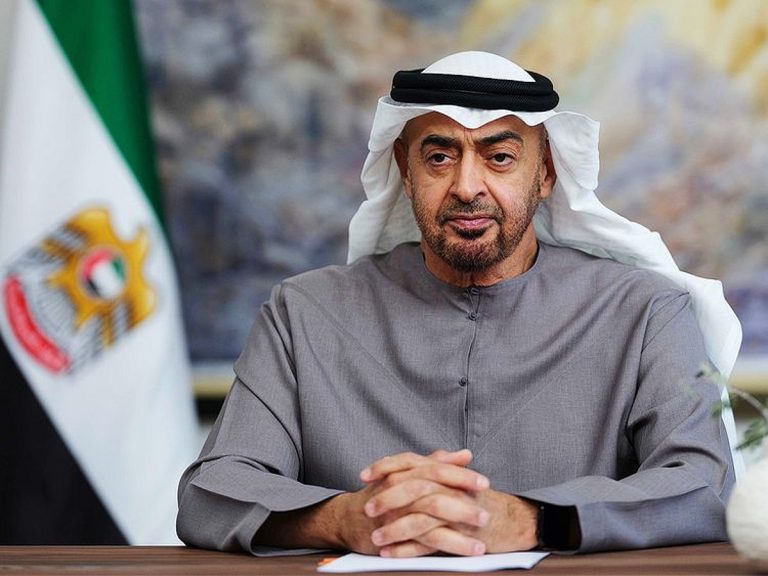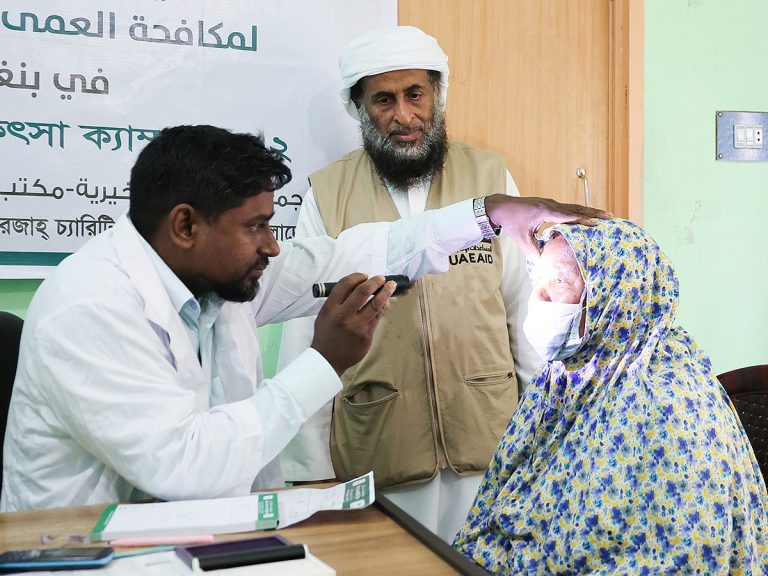UAE Launches New Diagnostic Assessments for Students
The Ministry of Education in the UAE has announced a new initiative aimed at enhancing student learning through diagnostic assessments in public and private schools. Set to begin in the 2025–2026 academic year, this program focuses on evaluating essential skills in Arabic, English, and Mathematics, providing educators with valuable insights into student performance.
Overview of the Diagnostic Assessment System
The newly introduced system combines classroom-based assessments with centralized exams to effectively gauge students’ learning levels. During the first three weeks of the school year, teachers will conduct initial assessments across all subjects. Following this, standardized diagnostic exams in the three core subjects will take place, allowing for a comprehensive evaluation of each student’s abilities.
Assessment Structure by Grade Level
For Grades 1 and 2, schools will design and administer assessments that align with national standards. In contrast, assessments for Grades 3 through 12 will be centrally developed by the Ministry’s Assessment and Evaluation Department. Students in Grades 3 to 5 will complete paper-based tests using forms downloaded from the Al Manhal system, while those in Grades 6 to 12 will take their assessments electronically.
Each test is scheduled to last one class period, with flexible timing to minimize disruption to regular lessons. Importantly, these assessments will not affect final grades; instead, they will serve as skill-based evaluations intended to inform teaching strategies and support student learning.
Data Management and Support for Educators
Schools are required to ensure that student data within the Al Manhal system is current and accurately categorized according to academic tracks. Additionally, schools must identify students of determination in accordance with their individual education plans. To facilitate the assessment process, it is essential for schools to activate accounts for teachers and administrators on Al Manhal, as well as verify access for all students participating in the assessments.
The Ministry emphasizes that these diagnostic assessments are not traditional exams but rather strategic tools designed to measure key competencies. The goal is to help educators identify students’ strengths and areas needing improvement early in the academic year, ultimately fostering a more balanced and effective learning environment across the nation.
FAQs
What subjects will the diagnostic assessments cover?
The assessments will focus on core skills in Arabic, English, and Mathematics for students in public and private schools.
How will the assessments be administered for different grade levels?
Grades 1 and 2 will have school-designed assessments, while Grades 3 to 12 will take centrally developed tests, with Grades 3 to 5 using paper formats and Grades 6 to 12 using electronic formats.
Will the results of these assessments impact students’ final grades?
No, the diagnostic assessments are designed to evaluate skills and will not contribute to students’ final grades.
Conclusion
The introduction of diagnostic assessments by the UAE Ministry of Education marks a significant step toward enhancing educational outcomes. By identifying students’ learning levels early in the academic year, educators can tailor their instruction to better meet individual needs. As schools prepare for this new system, the focus remains on fostering a supportive and effective learning environment for all students.
The initiative aligns with the UAE’s broader educational reform goals, which aim to improve the quality of education and ensure that students are equipped with the necessary skills for future success. By implementing these diagnostic assessments, the Ministry of Education seeks to create a data-driven approach to teaching and learning, allowing educators to make informed decisions based on students’ performance and progress.
Furthermore, the emphasis on early identification of learning needs is crucial in a diverse educational landscape, where students may have varying levels of proficiency and learning styles. This approach not only supports students who may be struggling but also enables teachers to challenge those who excel, thereby promoting a more inclusive and effective educational framework. The Ministry’s commitment to continuous improvement in education reflects its recognition of the vital role that assessment plays in shaping student outcomes and enhancing overall educational quality in the UAE.
Also Read:
ADGM Launches New Licensing Framework for Tax Providers
Low-Pressure System Near India Won’t Affect UAE Weather






